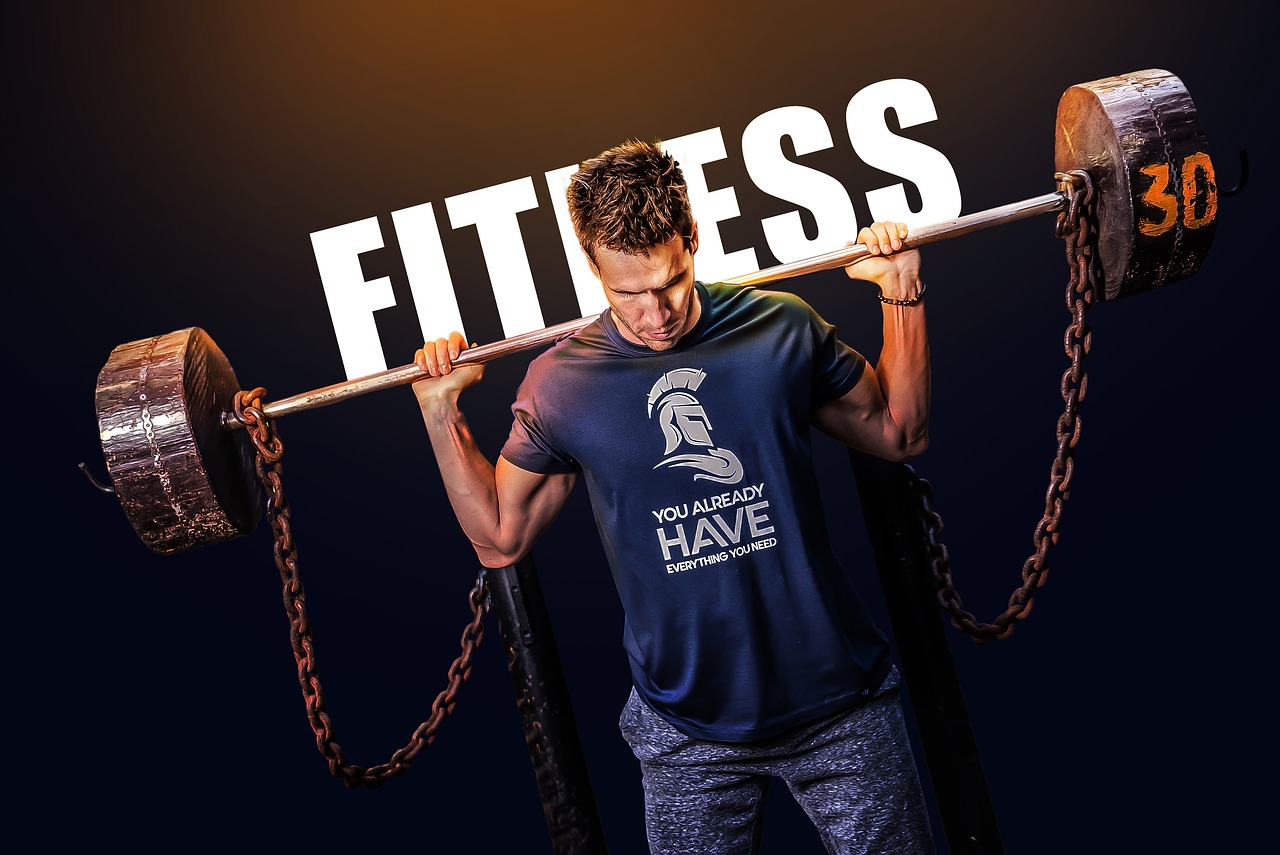A fitness trainer, also known as a personal trainer or fitness instructor, is a professional who helps individuals achieve their fitness goals through personalized exercise programs, guidance, and motivation. These goals may include weight loss, muscle building, improved cardiovascular health, or overall wellness. Fitness trainers work in various settings, including gyms, fitness centers, health clubs, or as independent contractors. Here are key aspects related to fitness trainers:
Roles and Responsibilities:
- Assessment and Goal Setting:
- Conduct initial assessments to understand a client’s fitness level, health history, and goals.
- Collaborate with clients to set realistic and achievable fitness objectives.
- Designing Personalized Workouts:
- Create customized workout plans tailored to the client’s fitness level, preferences, and goals.
- Incorporate a variety of exercises, including cardiovascular, strength training, flexibility, and balance exercises.
- Instruction and Demonstration:
- Instruct clients on proper exercise techniques, form, and safety precautions.
- Demonstrate exercises and provide hands-on guidance to ensure clients perform movements correctly.
- Motivation and Support:
- Motivate clients to stay committed to their fitness journey.
- Offer encouragement and support to help clients overcome challenges and setbacks.
- Monitoring Progress:
- Regularly assess and track clients’ progress towards their fitness goals.
- Adjust workout plans as needed based on progress and feedback.
- Nutritional Guidance:
- Provide basic nutritional guidance and educate clients on healthy eating habits.
- Collaborate with registered dietitians for more in-depth nutritional advice.
- Fitness Education:
- Educate clients about the benefits of regular exercise, proper nutrition, and overall wellness.
- Stay informed about the latest fitness trends, research, and industry updates.
- Emergency Response:
- Be trained in basic first aid and emergency response procedures to ensure client safety.
Qualifications and Skills:
- Certification:
- Obtain relevant certifications from recognized fitness organizations (e.g., ACE, NASM, ACSM).
- Some trainers may have additional certifications in specialized areas (e.g., yoga, Pilates, nutrition).
- Education:
- A degree in exercise science, kinesiology, or a related field is often beneficial but not always mandatory.
- Communication Skills:
- Effective communication to explain complex concepts in a clear and understandable manner.
- Motivational skills to inspire and encourage clients.
- Interpersonal Skills:
- Ability to build positive relationships with clients and create a supportive training environment.
- Physical Fitness:
- Demonstrated personal commitment to a healthy and active lifestyle.
- Adaptability:
- Flexibility to adapt workout plans based on individual needs, preferences, and any health considerations.
Career Paths:
- Gym or Fitness Center Employee:
- Work as an in-house trainer at a gym or fitness center.
- Freelance Trainer:
- Operate as an independent contractor, offering personal training services to clients at various locations.
- Specialized Trainer:
- Specialize in areas such as sports conditioning, rehabilitation, or group fitness classes.
- Online Trainer:
- Provide virtual training services through online platforms, apps, or video sessions.
- Corporate Wellness Programs:
- Work with companies to design and implement workplace wellness programs.
A successful fitness trainer combines technical expertise with interpersonal skills to guide clients on their fitness journeys effectively. Continuing education and staying updated on industry trends are crucial for ongoing success in this dynamic field.


